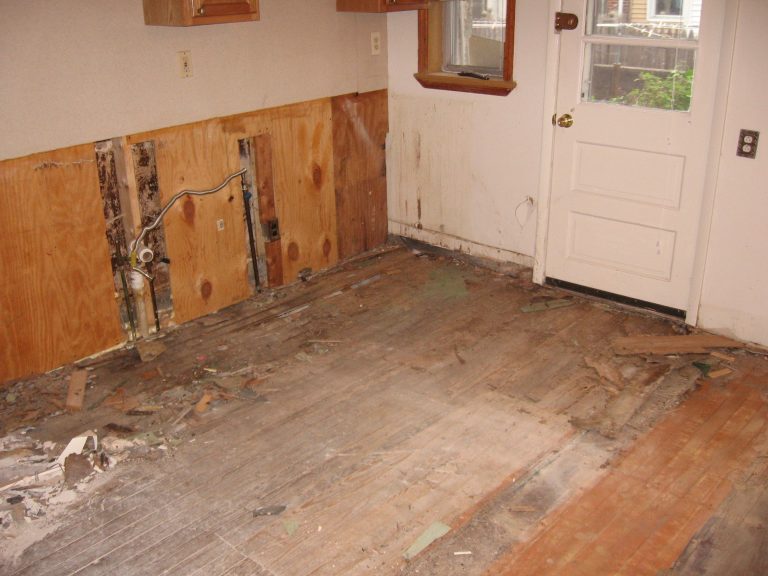One of the main aspects of the American Dream is becoming a homeowner…isn’t it? This might not necessarily be the case anymore. For many Americans, there seems to be a declining interest in owning a home. The decline in home buying goes hand in hand with increasing percentages of millennials that consider buying a home…
